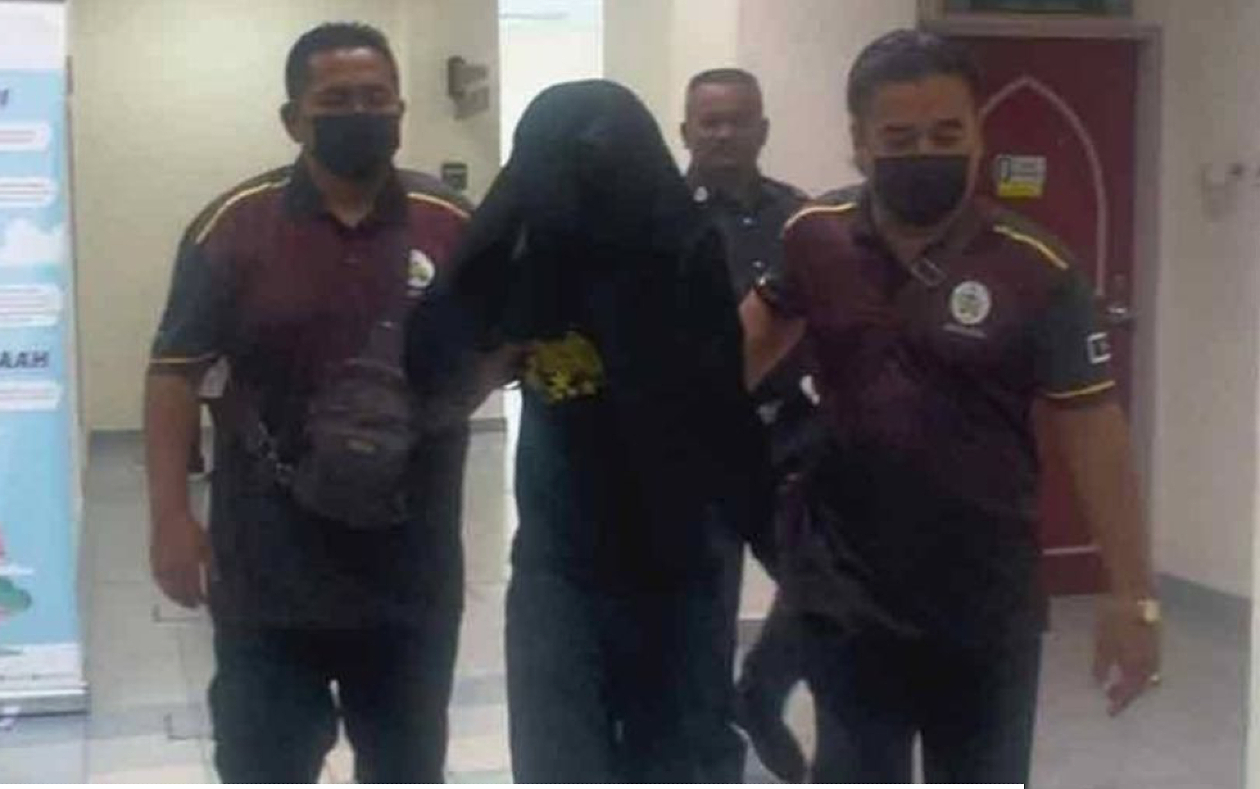KUALA LUMPUR — While federal law permits whipping as a form of punishment, Terengganu has overstepped constitutional provisions by conducting it on a khalwat offender in public, the Human Rights Commission of Malaysia (Suhakam) said.
“Whipping under Syariah laws is different from civil law. Be that as it may, the sentence not only constitutes cruel, inhuman and degrading treatment but also raises serious questions regarding the legality of public caning under the Federal Constitution and federal law,” it said in a statement.
It said the public caning of carpenter Mohd Affendi Awang, 42, on Dec 6, was an overreach of the Syariah Court’s jurisdiction.
This is because the federal law – the Syariah Courts (Criminal Jurisdiction) Act 1965 (Act 355) – permits whipping but does not state it can be carried out in public.
“Directing whipping before the public renders the punishment in excess of, or ultra vires to, Act 355, as well as to be in violation of the jurisdictional limitation imposed by Item 1 of the State List of the Federal Constitution,” Suhakam said.
Affendi was sentenced to six public lashes by the Terengganu Syariah Court for repeated khalwat (close proximity) offences under Section 31(a) of the Syariah Criminal Offences (Takzir) (Terengganu) Enactment 2022.
The thee-time offender became the first person in Terengganu to be caned in public.
The punishment, carried out after Friday prayers in the state, was reportedly opened to only 70 witnesses.
Suhakam also criticised the punishment for its “degrading nature”, saying it “subjecting the individual to humiliation, anguish and shame”.
“Such practice is not only inconsistent with human rights standards but it also dehumanises the individual and perpetuates a cycle of stigma, rather than focusing on rehabilitation.”
The commission also called on Malaysia to ratify the United Nations Convention Against Torture and Other Cruel, Inhuman or Degrading Treatment or Punishment (UNCAT), emphasising that many Muslim-majority countries have already acceded to the convention.
“We respectfully call upon the relevant authorities to reconsider the implementation of public caning; and instead to respect and uphold the Federal Constitution, federal laws and human rights. We must endeavour to abolish practices that violate human dignity and to focus instead on rehabilitative justice,” Suhakam said. – December 19, 2024

